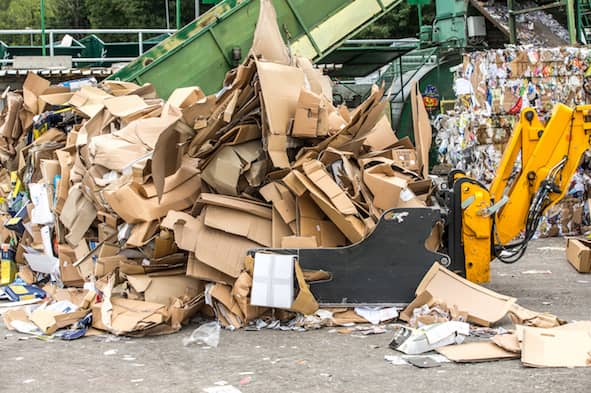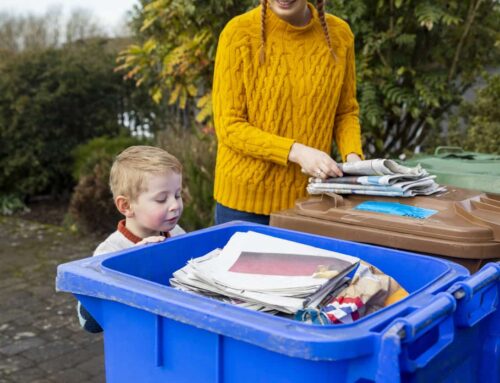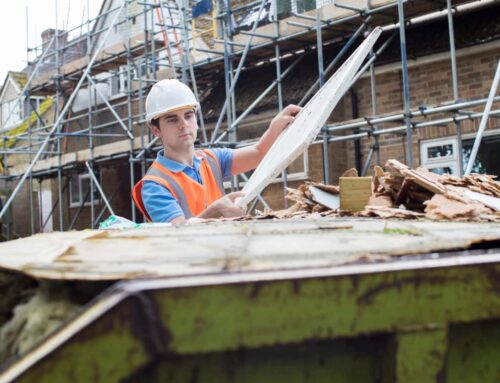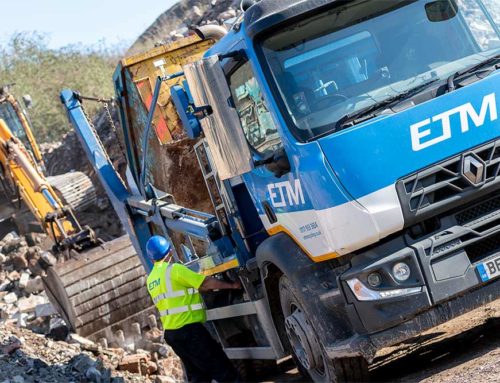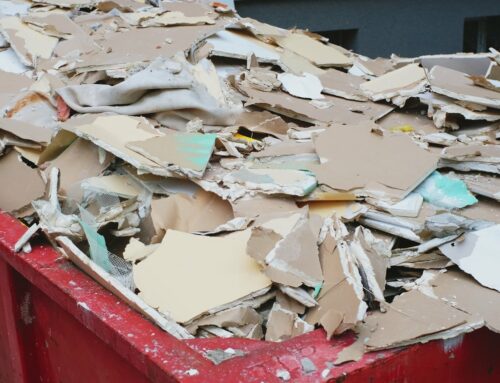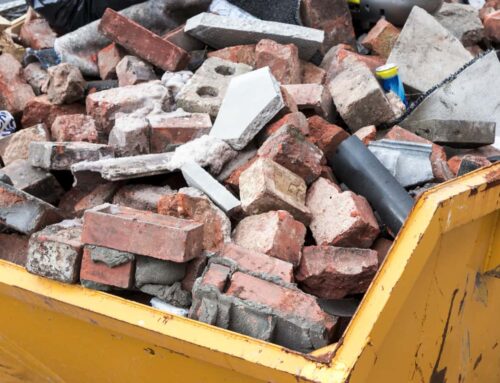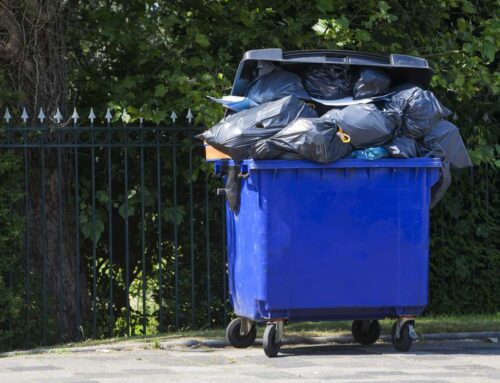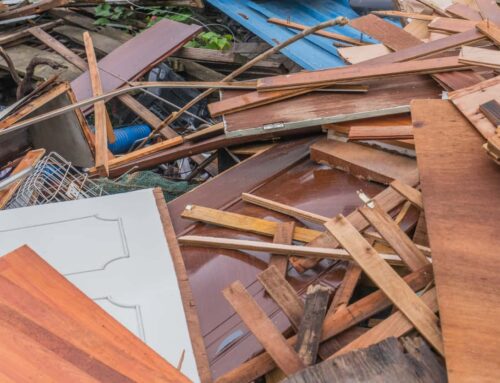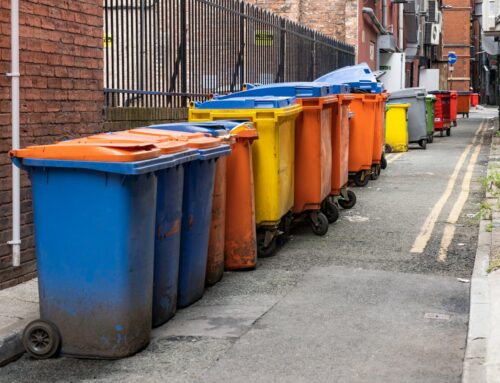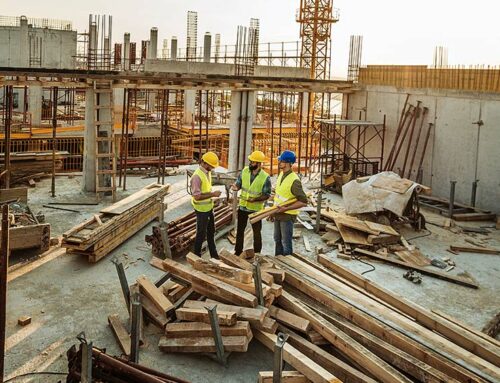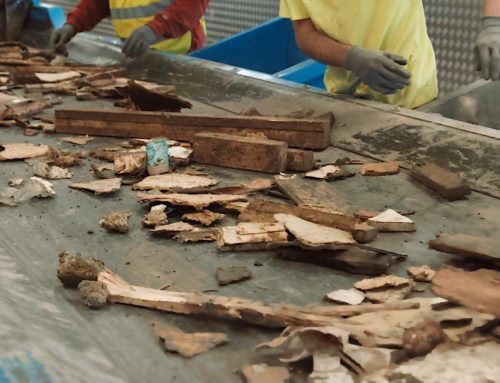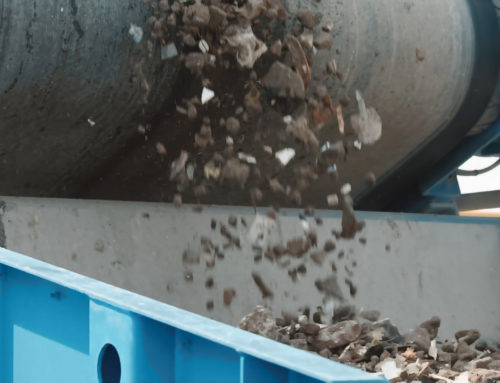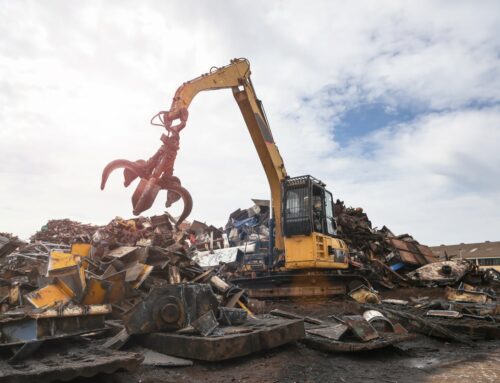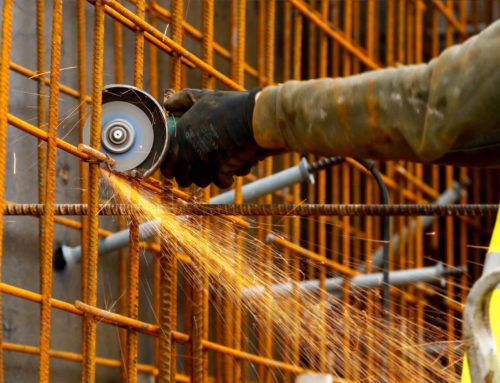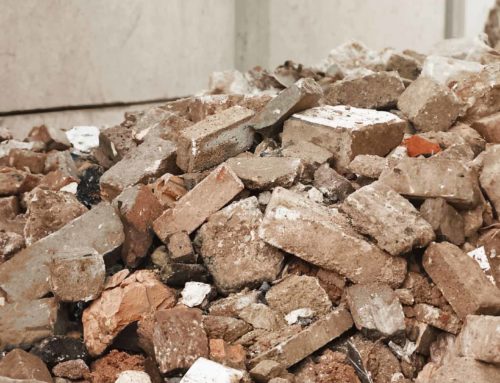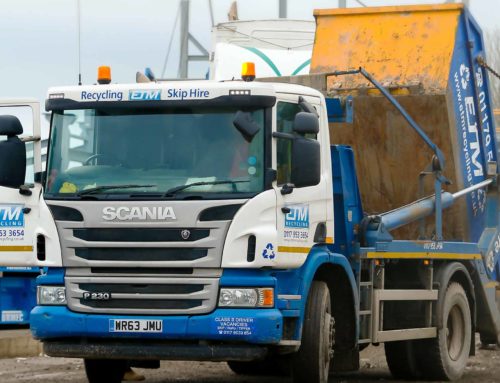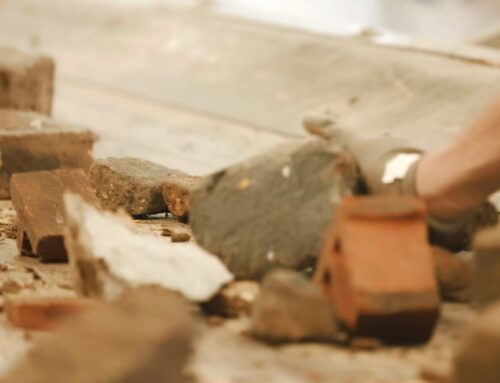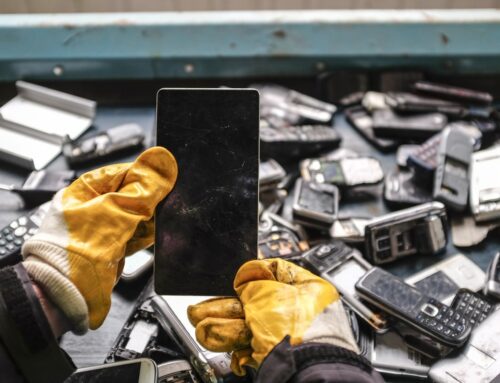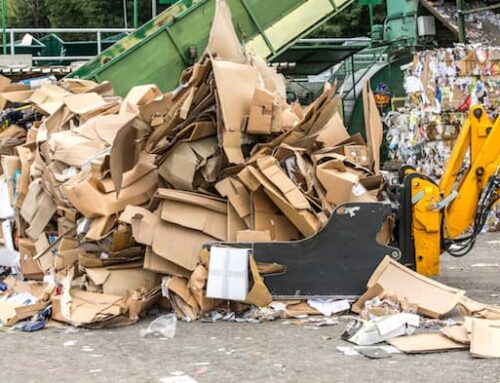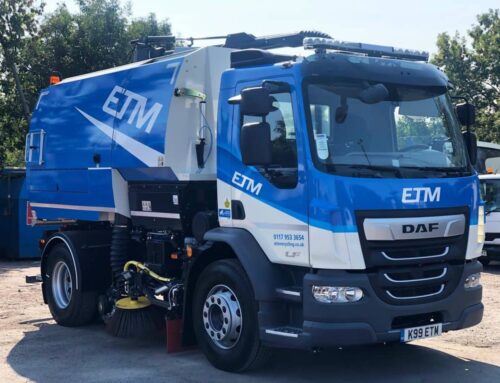Trade waste is exactly what it sounds like – waste produced as a result of trade. For businesses looking to rethink their waste management, understanding what we mean by trade waste and the surrounding regulations is crucial.
ETM Recycling has helped businesses in a range of different sectors manage their trade waste more effectively. We offer an array of dependable recycling services, as well as selling recycled construction materials and offering competitive rebates for scrap metal.
In this blog, we explain everything you need to know about trade waste.
What is Trade Waste?
Trade waste is a term used to describe any waste products or materials that are generated when a business builds something, provides a service, or engages in manufacturing. It can comprise a broad range of materials including common recyclable materials like cardboard and plastic all the way through to more hazardous substances that require specialist handling.
Trade waste is sometimes referred to as commercial waste, but both of these phrases describe the same thing. Simply put, if the waste material is created by a business, on business premises, as a result of business activities, it can be classed as trade waste.
Types of Trade Waste
Trade waste can be produced by any business, meaning the types of materials encompassed by this term are highly varied.
Construction companies, hospitality businesses, manufacturing facilities, office-based organisations, and more all produce what we might call trade waste – but the exact composition of their waste will be completely different.
Here are some common types of trade waste:
- Cardboard – this is produced in large volumes by many businesses due to its prevalence as a packaging material.
- Plastic – from plastic cutlery to plastic bottles to waste plastic from manufacturing, plastic is produced in large volumes by many companies.
- Scrap Metal – metal can be recycled infinitely without degrading its quality, and it is often produced as a result of trade.
- Wood – many businesses produce wood waste, including construction businesses and timber merchants.
- Construction Materials – from topsoil to aggregates, construction materials are often sent to landfill. However, they can be effectively recycled into new high quality products.
- UPVC – when UPVC windows are replaced, they are often sent to landfill, but recycling UPVC is practical and possible.
Trade Waste Regulations
When it comes to trade waste, there are some strict regulations set out in the Environmental Protection Act 1990 that must be adhered to. All businesses in the UK have what is known as a ‘duty of care’ to manage, store, and dispose of any waste products in the most safe and sustainable way possible. Alongside this, they must keep detailed records of all waste removed from their premises by a licenced carrier or tipped using documents called ‘waste transfer notes’. Breaching any of the regulations surrounding trade waste can have serious legal and financial implications for businesses, and cause significant reputational damage.
If you’re not sure what your responsibilities are or how to follow them correctly, it’s worth partnering with a trusted waste management company who can help you take control of your trade waste. Not only will this safeguard your compliance and help you fulfil your environmental responsibilities, but it will also ultimately save you money.
Discover our waste management services >
How to Dispose of Trade Waste
The way trade waste should be disposed of depends upon the material in question. Recyclables like paper, cardboard, plastic, glass, and metal can be sorted and reprocessed via a range of different methods. Cardboard and paper will be pulped, whereas glass, plastic, and metal will all be processed separately into smaller pieces which can be melted down. The result of all these processes is brand new materials ready to re-enter circulation.
Other materials may require a different approach. Construction materials, for example, will need to be crushed, refined, and rigorously tested to ensure they can be utilised in applications that require strength and durability such as asphalt and concrete production.
The Ultimate Guide to Recycled Aggregate Testing & Quality >
Trade Waste Disposal Cost
The cost of trade waste disposal depends upon numerous different factors including the volume of waste, the type of material in question, and the method of disposal.
Landfill carries with it a heavy tax to dissuade businesses from relying on it, so this form of disposal is likely to be the most costly. The most economical solution for your trade waste is to reduce the amount you produce in accordance with the waste hierarchy, and dispose of the remainder in the most eco-friendly way you can.
At ETM Recycling, we offer a range of cost effective solutions for businesses in Bristol and the South West looking for better ways to manage their waste. If you want to find out more about how much we charge for our services, don’t hesitate to contact a member of our friendly team for a bespoke quote.
Trade Waste Management from Trusted Bristol Business
ETM Recycling is a leading figure in trade waste disposal, working across Bristol and the South West to deliver top quality services with the environment in mind. Whether you want to book a skip for a one-off solution or arrange regular collections for your business, we can work with you to define the right approach.
Enquire now to start your journey to better trade waste management!
See more: How to Create & Achieve a Zero Waste to Landfill Strategy
